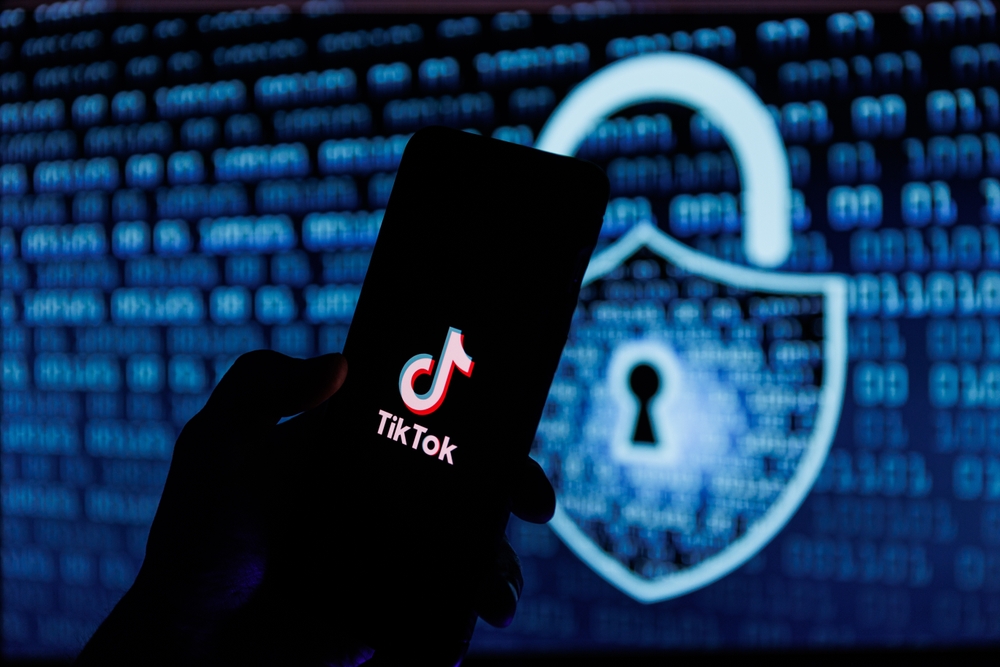In a significant move to protect the privacy of American citizens, a group of six senators and two members of the House of Representatives has introduced new legislation aimed at safeguarding Americans’ data from exploitation by U.S. adversaries. The proposed bill specifically addresses concerns related to the use of foreign-owned social media platforms, such as TikTok, which have raised serious questions about data security.
The bill’s introduction comes as part of ongoing efforts by U.S. lawmakers to address the potential risks associated with foreign-owned social media applications. Senate Finance Committee Chairman Ron Wyden, a Democrat, emphasized that the bill seeks to curtail the flow of data to unfriendly nations, prevent TikTok from transmitting Americans’ personal information to China, and enable nations with robust privacy protections to strengthen their relationships.
Chinese-owned TikTok has long been a focal point of concern for many U.S. lawmakers, who warn about the potential security risks it poses to the personal data of American users. With more than 150 million Americans using the platform, there are fears of undue Chinese influence. On the other hand, TikTok denies any allegations of improper data usage and asserts that it has invested over $1.5 billion in data security measures.
TikTok also made an announcement, stating that it is actively taking measures to restrict access to protected U.S. user data. The company assures that only U.S.-based subsidiary employees responsible for safeguarding U.S. national security interests will have access to such data.
The proposed legislation entails several key provisions. It calls for the Commerce Department to identify categories of personal data that could potentially harm U.S. national security. Additionally, it mandates the creation of a list of high-risk countries to which the export of sensitive data would be blocked.
Moreover, the bill seeks to regulate the export of personal data by data brokers and platforms like TikTok to restricted foreign governments. It introduces penalties for senior executives who are found to have knowingly directed employees to unlawfully export Americans’ personal data.
In a related development, in March, a U.S. House committee passed a bill along party lines that granted Democratic President Joe Biden the authority to ban Chinese-owned TikTok. However, the bill has yet to progress beyond this point.
TikTok itself has not been idle in the face of mounting concerns. The company recently filed a lawsuit to prevent a planned ban by the state of Montana, which would make it the first U.S. state to prohibit the popular short-video sharing service.
Senator Mark Warner emphasized that due to the potential for courts to overturn Montana’s ban, it is crucial for Congress to pass legislation that grants the president new powers to ban or impose restrictions on TikTok and other foreign-owned applications.
The introduction of this bipartisan bill marks a significant step towards protecting Americans’ personal data from being exploited by U.S. adversaries. As the debate surrounding data security and privacy continues, it is hoped that these legislative efforts will help establish comprehensive measures to address the concerns associated with foreign-owned social media platforms and protect Americans’ sensitive information.

